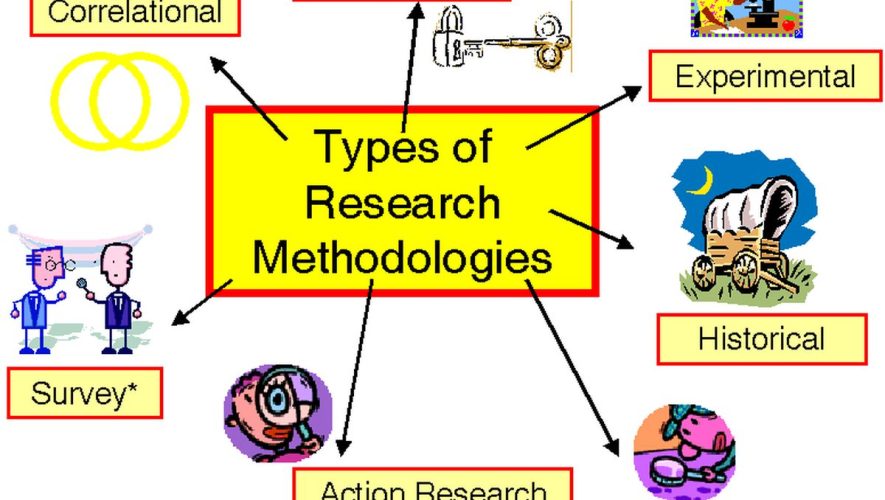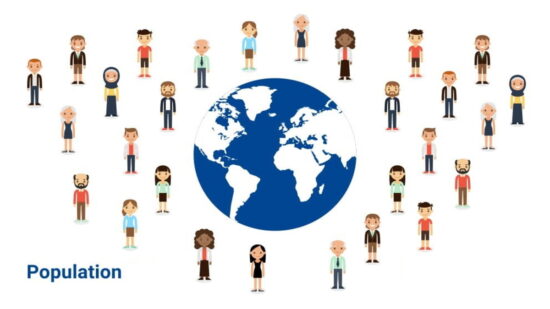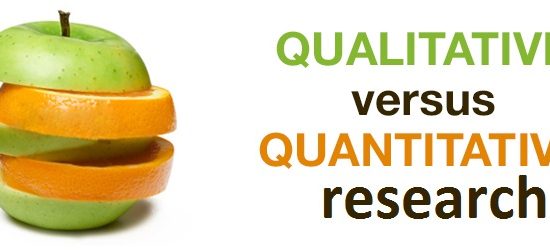Research is systematic way to find out facts and knowledge. There are two types of research, one is by purpose and other is by method. The types of research by method falls into the categories such as Descriptive, Co-Relational, Causal Comparative and Experimental Research.
Research is the pursuit of truth with the help of study, observation, comparison and experiment; the search for knowledge through objective and systematic method of finding solutions to a problem.
Kothari, 2006
1. Descriptive Research:
It is used to obtain information concerning the current status of the phenomena to describe “what exists” with respect to variables or conditions in a situation. The main goal of this type of research is to describe the data and characteristics about what is being studied.
Descriptive research is mainly done when a researcher wants to gain a better understanding of a topic or idea. The idea behind this type of research is to study frequencies, averages, and other statistical calculations. Although this research is highly accurate, it does not gather the causes behind a situation.
Survey Method:
Survey studies assess the characteristics of whole populations of people or situations. It is a non-experimental, descriptive research method. Surveys can be useful when a researcher wants to collect data on phenomena that cannot be directly observed.
Merits of Survey Method:
- Surveys are relatively inexpensive (especially self-administered surveys).
- Surveys are useful in describing the characteristics of a large population; no other method of observation can provide this general capability.
- There is flexibility at the creation phase in deciding how the questions will be administered: as face-to-face interviews, by telephone, as group administered written or oral survey, or by electronic means.
Demerits of Survey Method:
- Surveys are inflexible in that they require the initial study design (the tool and administration of the tool) to remain unchanged throughout the data collection.
- The researcher must ensure that a large number of the selected sample will reply.
- It may be hard for participants to recall information or to tell the truth about a controversial question.
2. Co-Relational Research:
Another type of research by method is co-relational research. It is also called associational research. In this kind of research, the relationships among two or more variables are studied without any attempt to influence them.
Merits of Co-Relational Research:
- Co-relational method is that we can make predictions about things when we know about correlations. If two variables are correlated, we can predict one based on the other.
- Another advantage of co-relational designs is that they provide information concerning the degree of the relationship between the variables being studied.
- It enables researchers to analyze the relationships among a large number of variables in a single study.
- It tells us the correlation between the variables and predicts likely outcomes.
Demerits of Co-Relational Research:
- The problem that most students have with the correlation method is remembering that correlation does not measure cause. Take a minute and chant to yourself: Correlation is not Causation! Correlation is not Causation! I always have my in-class students chant this, yet some still forget this very crucial principle.
- We know that education and income are positively correlated. We do not know if one caused the other. It might be that having more education causes a person to earn a higher income. It might be that having a higher income allows a person to go to school more. It might also be some third variable.
- A correlation tells us that the two variables are related, but we cannot say anything about whether one caused the other. This method does not allow us to come to any conclusions about cause and effect.
- Results of this kind of study music always are interpreted with caution because it cannot establish causation.
3. Causal-Comparative Research:
Similar to co-relational research, causal-comparative research is also an important type of research by method. It is used to examine associations among variables and researchers try to define the cause of differences that already exist between groups of individuals. Researcher already knows the difference between two groups and then look for possible causes of this difference.
Merits of Causal-Comparative Research:
- May take shorter time and cheaper than an experiment.
- It is a simplest quantitative approach to co-relational study.
- Allows cause-effect relationship study when subject manipulation is impossible or very difficult.
Demerits of Causal-Comparative Research:
- This kind of research cannot manipulate an independent variable, because the groups have already been exposed to the independent variable.
- It also lacks of randomization of sample. Location, instrumentation, and loss of subjects may place treats to internal validity in causal-comparative study.
- Ethical considerations often prevent manipulation of a variable that could be manipulated but would not be.
4. Experimental Research:
It’s a type of quantitative investigation in which at least one independent variable is manipulated, other relevant variables are controlled as much as possible, and the effect on one or more dependent variables is measured. It involves random sampling, control group, and pre-post tests. The format of experimental research usually includes a problem statement, hypotheses or questions, sampling techniques, review of the literature, procedures for testing the hypotheses, analyses, interpretation of analyses, and conclusions.
Merits of Experimental Research:
- It is the best types of research that can discover case-and-effect relationship, specifically in true experimental research; it manipulates the independent variable to uncover the relationship
- In this method a researcher can have control over variables
- It helps to gain insight into methods of instruction
Demerits of Experimental Research:
- Results may only apply to one situation and may be difficult to replicate
- Human response can be difficult to measure
- Political pressure may skew results
5. Historical Research:
It is the process of learning and understanding the background and growth of a chosen field of study that can offer insight into organizational culture, current trends, and future possibilities. This method is employed by those researchers who are interested in reporting events and/or conditions that occurred in the past. An attempt is made to establish facts in order to arrive at conclusions concerning past events or predict future events.
Merits of Historical Research:
- The research is not physically involved in the situation under study.
- It enables researchers to learn about events that happened in the past or long ago and also provides a way to study trends.
- Advantages of historical research: it is the only research method that can study stories from the past. It offers rich sources and more evidence than most other methods.
Demerits of Historical Research:
- Due to long time data collection, the theory or statement does not apply in current conditions
- The way historical research controls the nature of the sample (representative) and instrumentation process (reliability) is weak. Researcher’s bias on data collection, analysis, and interpretation are another disadvantages.
- Historical research cannot use methods to control for extraneous variables and threats to internal validity, it investigates every possible variables.
6. Ethnography:
The ethnographic approach to qualitative research comes largely from the field of anthropology. The emphasis in ethnography is on studying an entire culture. It enables the researcher to understand the culture through the interpretations, experiences and perceptions and meanings given by those living within this specific cultural context.
It is the types of research process that is based on fieldwork using a variety of (mainly qualitative) research techniques but including engagement in the lives of those being studied over an extended period of time.
Merits of Ethnography:
- It provides a detailed exploration of group activity and may include literature about and/or by the group
- It employs multiple methodologies to arrive at a theoretically comprehensive understanding of a group or culture.
- Reveal interrelationships among multifaceted dimensions of group interactions
Demerits of Ethnography:
- The quality of the data alone is problematic.
- Ethnographic research is time consuming, potentially expensive, and requires a well trained researcher
- Too little data can lead to false assumptions about behavior patterns. Conversely, a large quantity of data may not be effectively be processed
OTHER RELATED POSTS



